
Nairobi, Kenya (12 October 2023) – Today, at the global conference GLF Nairobi 2023: A New Vision for Earth, over 7,200 leading scientists, activists, Indigenous leaders, financiers, women, youth, policymakers, the private sector and 235 speakers convened in Nairobi and online from 130 countries to explore local solutions to the global climate crisis ahead of the UN Climate Change Conference (COP28).
“Every fraction of a degree matters. The sooner we can implement solutions to climate change, the sooner we can avoid irreversible losses and trigger critical climate tipping points,” said Éliane Ubalijoro, CEO of CIFOR-ICRAF. “We need to adopt a justice lens and think about how to decolonize our landscapes and heal our relationship with our land.”
“We are indeed living a historic moment in the course of humankind, in which the ideals that brought us here are proving insufficient for us to be able to continue our journey on Earth with minimal conditions of dignity for human life and other forms of life,” said Marina Silva, Minister of the Environment and Climate Change of Brazil.
“Now, the ideals that can help us save life and the planet are those that enable us to use natural resources wisely, to nurture, while also preserving these resources, safeguarding the necessary sufficiency of ecosystem services.”
“The Earth is living, and we need to get out of the illusion that she’s just a dead matter for extraction and exploitation,” said scholar, activist and author Vandana Shiva.
“We live in a miracle. My vision of the Earth is to understand scientifically what that miracle is about and live according to the laws: the laws of the Earth and the laws of living systems.”
“In the grand scheme of things, humanity is a very young species,” said human rights and land defender Ayisha Siddiqa, co-founder of Polluters Out and Fossil Free University and a youth climate advisor to the UN Secretary General.
“During our time on planet Earth, we’ve caused a great deal more damage than any species to come before us. But at the same time, I think because we are a miracle of the species with the ability to figure out what problems we are creating, we also have the ability to solve those problems at lightning speed.”
“We envision commodity value chains that are sustainable for people and the planet,” said Christopher Brett, Lead of the Food Systems, Land Use and Restoration (FOLUR) Impact Program.
“Through FOLUR, we are sharing lessons learned from 27 countries across eight commodities, integrating smallholder farmers into markets and producing high-quality and sustainable commodities.”
“Transforming food systems to reduce environmental degradation and negative externalities requires integration of investments across entire supply chains and focusing on specific levers such as governance and policy, financial leverage, innovation, and multi-stakeholder dialogue; programmatic risk appetite to achieve impact at scale; and design for resilience,” said Peter Umunay, a Senior Environmental Specialist and Lead for the FOLUR and Food Systems Programs at the Global Environment Facility (GEF).
“Investments in landscapes are investments in local communities, national economies, and our shared planet,” said Hisham Osman, Senior Environmental Engineer at the World Bank. “Through PROGREEN, the World Bank and our development partners are charting a new vision for Earth that doesn’t only finance green projects – but one that builds green economies.”
The GLF Nairobi 2023 Hybrid Conference: A New Vision for Earth took place in Nairobi and online on 11 and 12 October, gathering leading scientists, activists, Indigenous leaders, financiers, women, youth, policymakers, the private sector and more. Day 1 focused on African sovereign solutions. Day 2 gathered a global audience in crafting a survival guide for a planet in crisis and set the stage for a fairer world ahead of the 2023 UN Climate Change Conference (COP28).
###
NOTES TO EDITORS
- For more information, materials, additional quotes, guidance on the topics addressed at the conference and/or to arrange interviews with speakers or hosting organizations, contact Kelly Quintero (k.quintero@cifor-icraf.org).
- Explore images from the conference at the Global Landscapes Forum Flickr (more to be added).
- Find tools for journalists in the event’s newsroom, including a Trello board with videos, social media assets and other content for re-publishing.
About the GLF
The Global Landscapes Forum (GLF) is the world’s largest knowledge-led platform on integrated land use, connecting people with a shared vision to create productive, profitable, equitable & resilient landscapes. It is led by the Center for International Forestry Research and World Agroforestry (CIFOR-ICRAF), in collaboration with its co-founders UNEP and the World Bank, and its charter members. Learn more at www.globallandscapesforum.org.



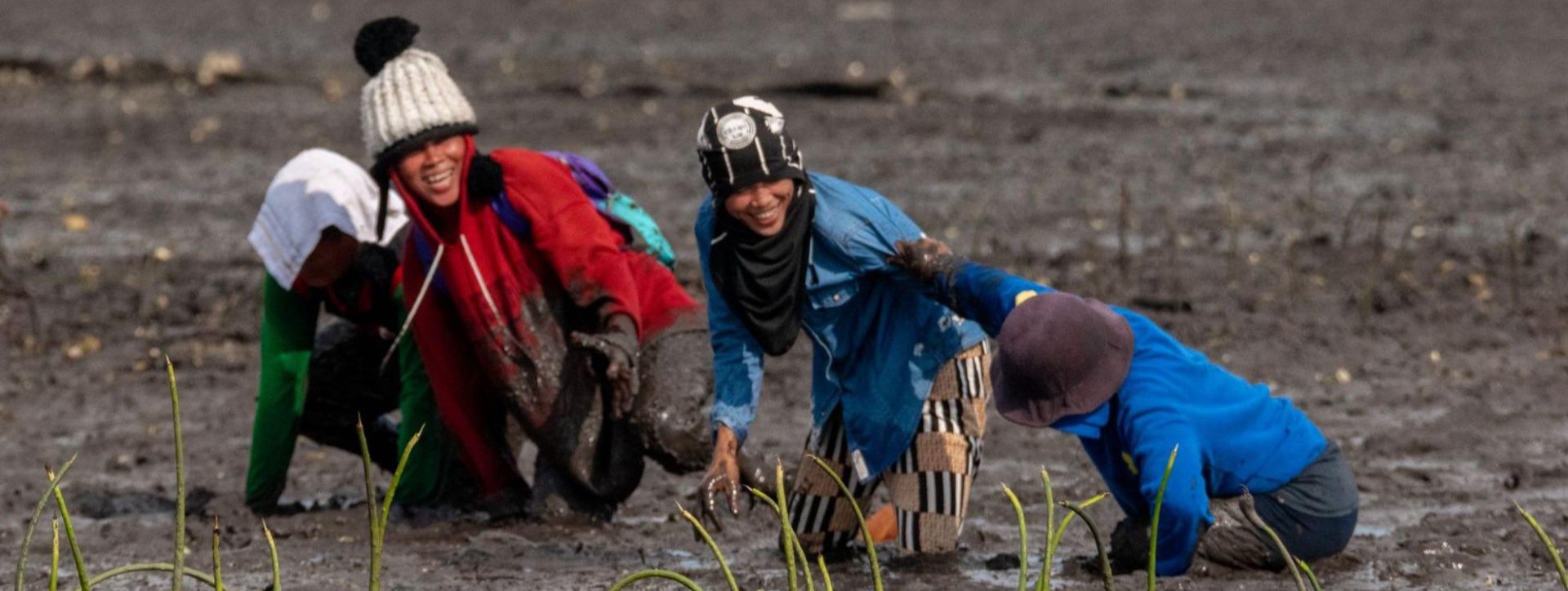
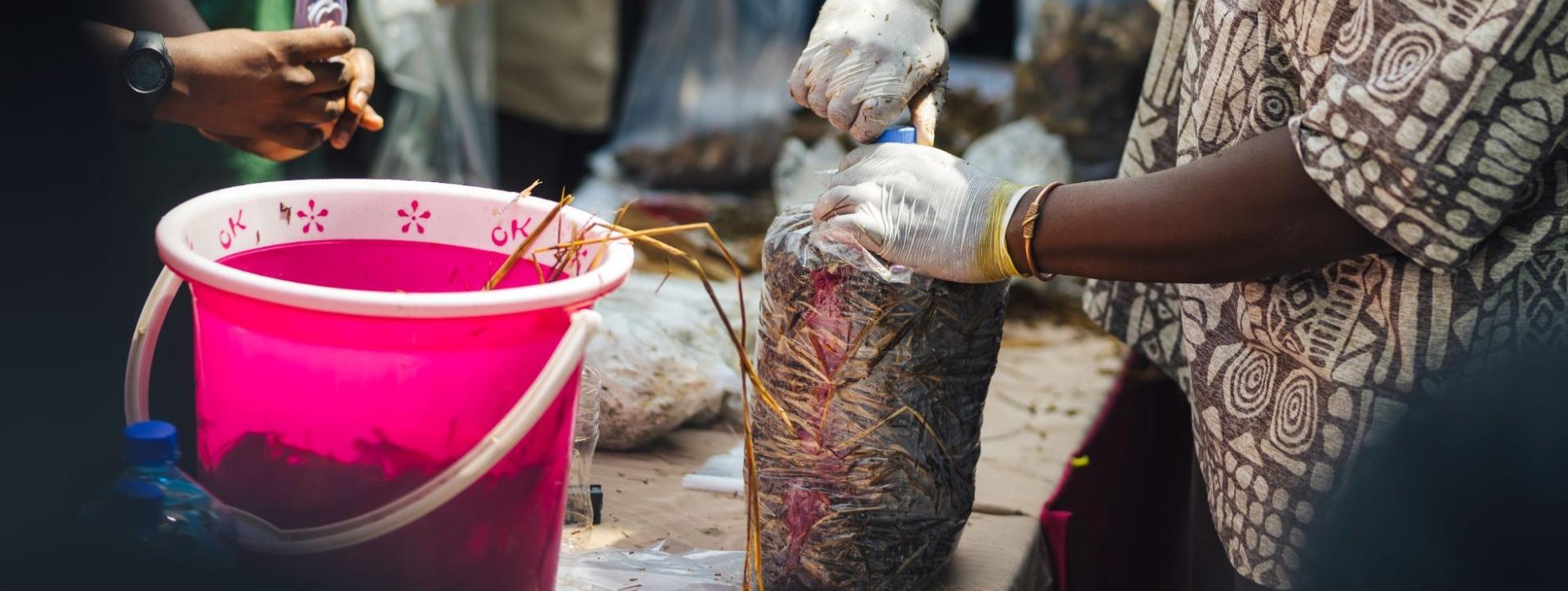
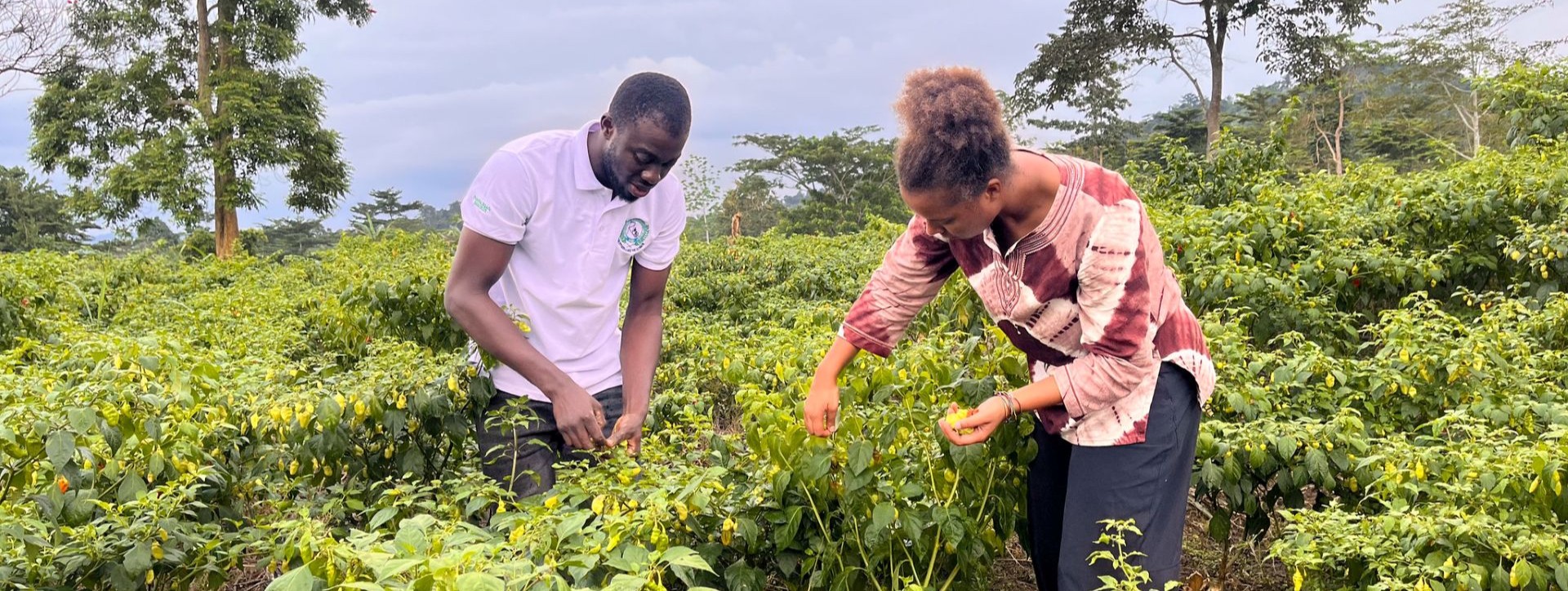
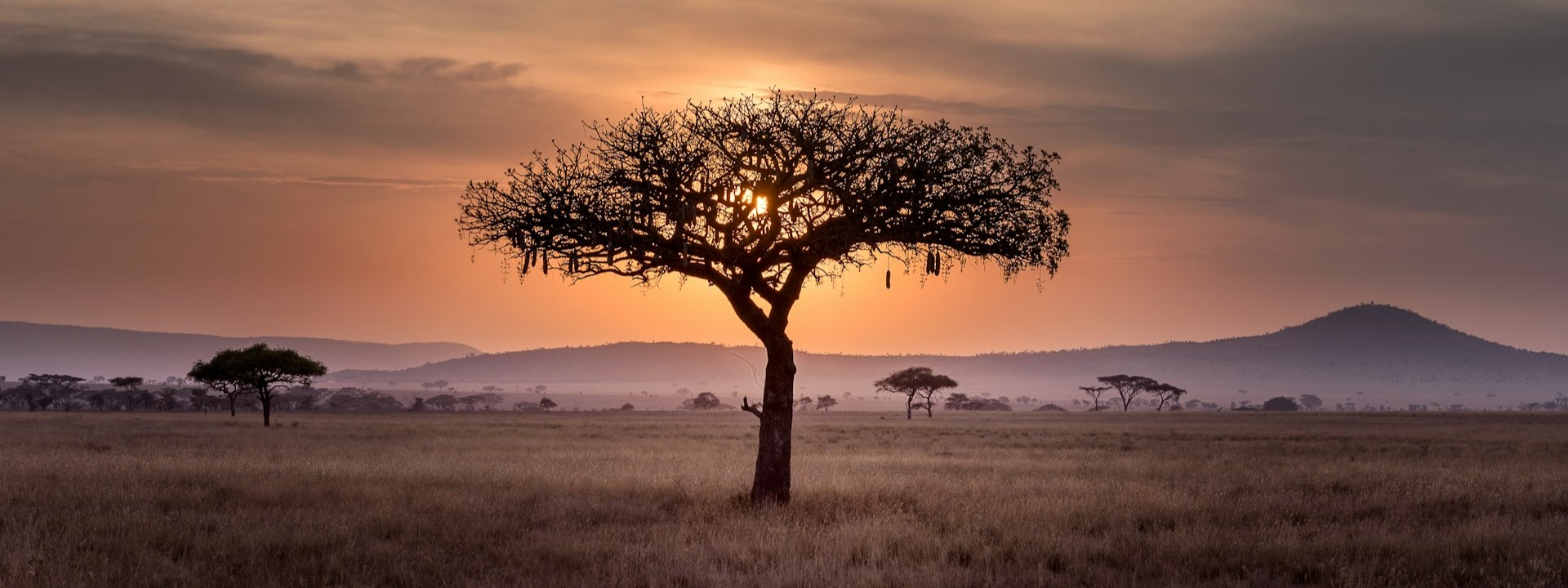
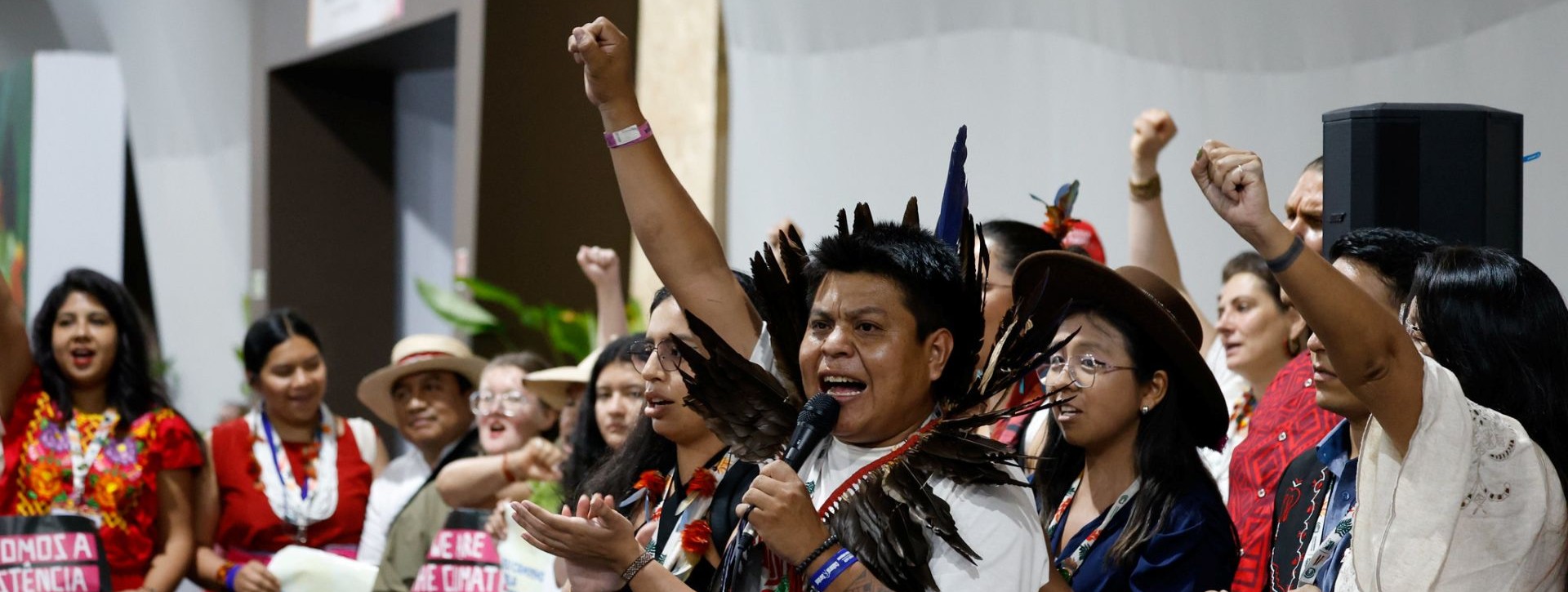
Share your thoughts with us